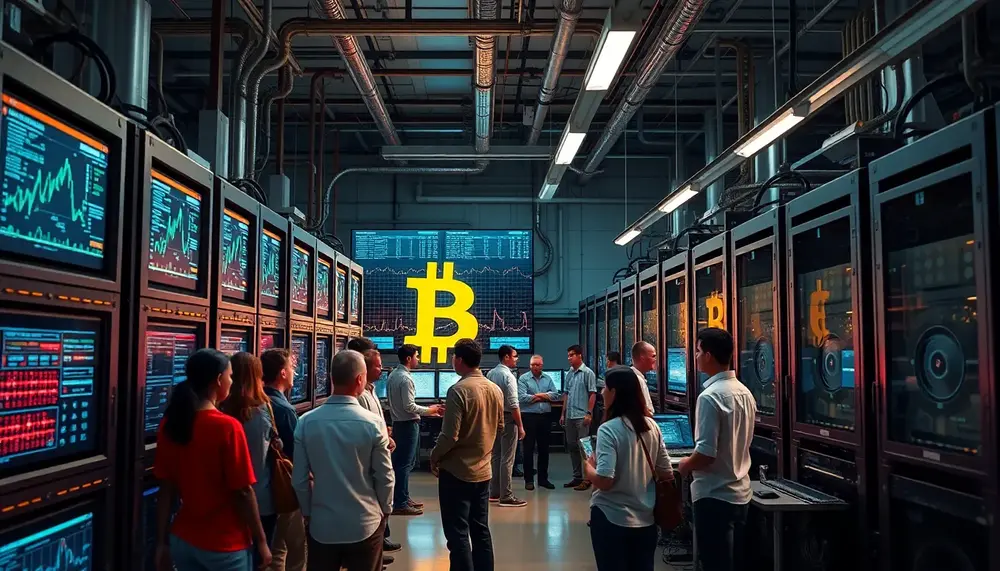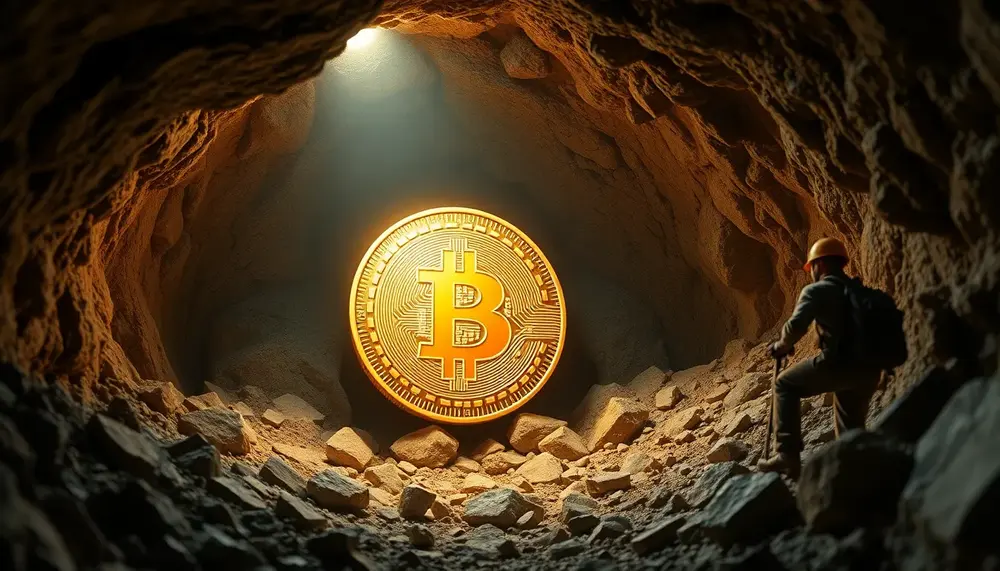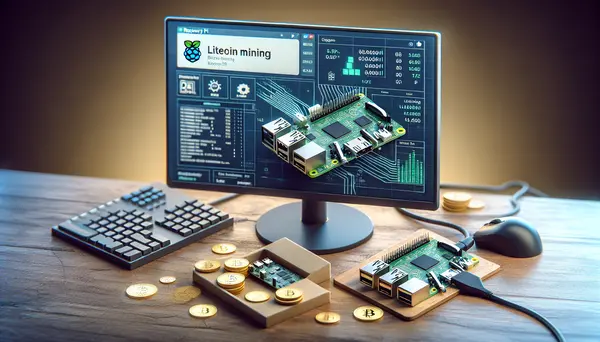Transaction Fee
Transaction Fee
What is a Transaction Fee?
A transaction fee is a term you will come across often once you delve into the world of Bitcoin mining. Transaction fees are small amounts charged to send Bitcoin transactions across the network and contribute to the overall mining reward.
Understanding Transaction Fees
In simple terms, the transaction fee is like a tip or gratuity given to Bitcoin miners. When you send a Bitcoin transaction, you have the option to include a transaction fee. This fee is an incentive for a miner to process and confirm your transaction.
How is the Transaction Fee Calculated?
The transaction fee is not a fixed amount, and it varies based on several factors. Primarily, it depends on the size of the transaction data and the network's current congestion. If the network is busy with many transactions waiting to be confirmed, the transaction fee will be higher. If the network is not too crowded, the fee can be lower. It's important to note that you can decide how much to pay, but paying a higher fee can result in quicker confirmation of your transactions.
Why are Transaction Fees Important?
Transaction fees play a crucial role in the Bitcoin network. They make up a part of a miner's income, alongside the block reward. The transaction fee also acts as a sort of anti-spam measure. Without a cost associated with transactions, someone could flood the Bitcoin network with spam transactions, making it inefficient and slow. By having to pay a transaction fee, it serves as a deterrent against such disruptive activities.
Impact of Transaction Fees on Bitcoin Mining
In the circuit of Bitcoin mining, transaction fees are significant. As the block reward halves approximately every four years, the amount of Bitcoin miners earn from mining each new block decreases. With time and halving events, the value of transaction fees is predicted to become the primary income for Bitcoin miners.
Blog Posts with the term: Transaction Fee

Cloud mining allows individuals to lease processing power from remote data centers for cryptocurrency mining, offering convenience and lower upfront costs but potentially reduced earnings and risks of scams. Hardware mining involves owning equipment with greater control and profit potential...

This guide provides a comprehensive overview of setting up an Ethereum mining rig, covering essential components like GPUs and motherboards, as well as key concepts such as Proof of Work (PoW) and hashrate. By the end, readers will understand how...

Mining XRP directly is not possible; instead, miners can earn XRP by mining other cryptocurrencies and exchanging them for XRP. This guide covers setting up a secure wallet, choosing the right software like Unmineable or NiceHash, and configuring your mining...

When cashing out crypto from mining, choose your payout coin wisely by considering transaction fees, market volatility, liquidity, and future potential; also understand minimum withdrawal requirements to ensure efficient transactions....

The article discusses the increasing popularity of USDT (Tether) mining and highlights its benefits, such as stability and low entry barriers. It also provides criteria for selecting reliable USDT mining sites and lists top platforms to consider in 2024, including...

Choosing between mining pools and solo mining involves weighing the benefits of shared resources, steady income, and community support against the autonomy, full reward retention, and privacy offered by going it alone; each option has its own set of challenges...

Monero mining involves validating transactions using computational power, with miners rewarded through a combination of decreasing block rewards and transaction fees. The unique tail emission mechanism ensures perpetual miner incentives by stabilizing the reward at 0.6 XMR per block once...

The article provides a comprehensive guide on selecting the right cryptocurrency mining pools, emphasizing understanding basic concepts like pool types and benefits such as increased reward chances and steady income. It also highlights key features to consider, including payout schemes,...

Mining pools allow miners to collaborate and increase their chances of earning rewards by pooling resources, making the mining process more accessible and decentralized. When choosing a pool, factors like fees, payment methods, reputation, size, and server location should be...

USDT, or Tether, is a stablecoin pegged to the US Dollar and issued by Tether Limited through fiat collateralization, ensuring each token is backed by real-world assets. It plays a crucial role in cryptocurrency trading due to its stability and...

Bitcoin's mining reward system, which reduces rewards through halving events approximately every four years to maintain scarcity and influence market dynamics, plays a crucial role in shaping Bitcoin's value and technological evolution. These halvings impact supply by capping it at...

Litecoin mining, similar to Bitcoin but using a different hashing algorithm called Scrypt, can be done with Raspberry Pi. Despite not delivering high-performance output like dedicated mining rigs or high-end computer systems, the low-cost and energy-efficient Raspberry Pi is an...

XRP, created by Ripple Labs in 2012, is designed for fast and cost-effective cross-border transactions using a semi-centralized ledger maintained by independent validator nodes. Unlike Bitcoin and Ethereum, XRP cannot be mined as all its tokens were pre-mined at inception;...

Choosing the right USDT mining app in 2024 is essential for maximizing returns, ensuring security, and achieving a smooth mining experience. Key features to look for include user-friendly interfaces, high efficiency, robust security measures, low fees, regular updates, good customer...

